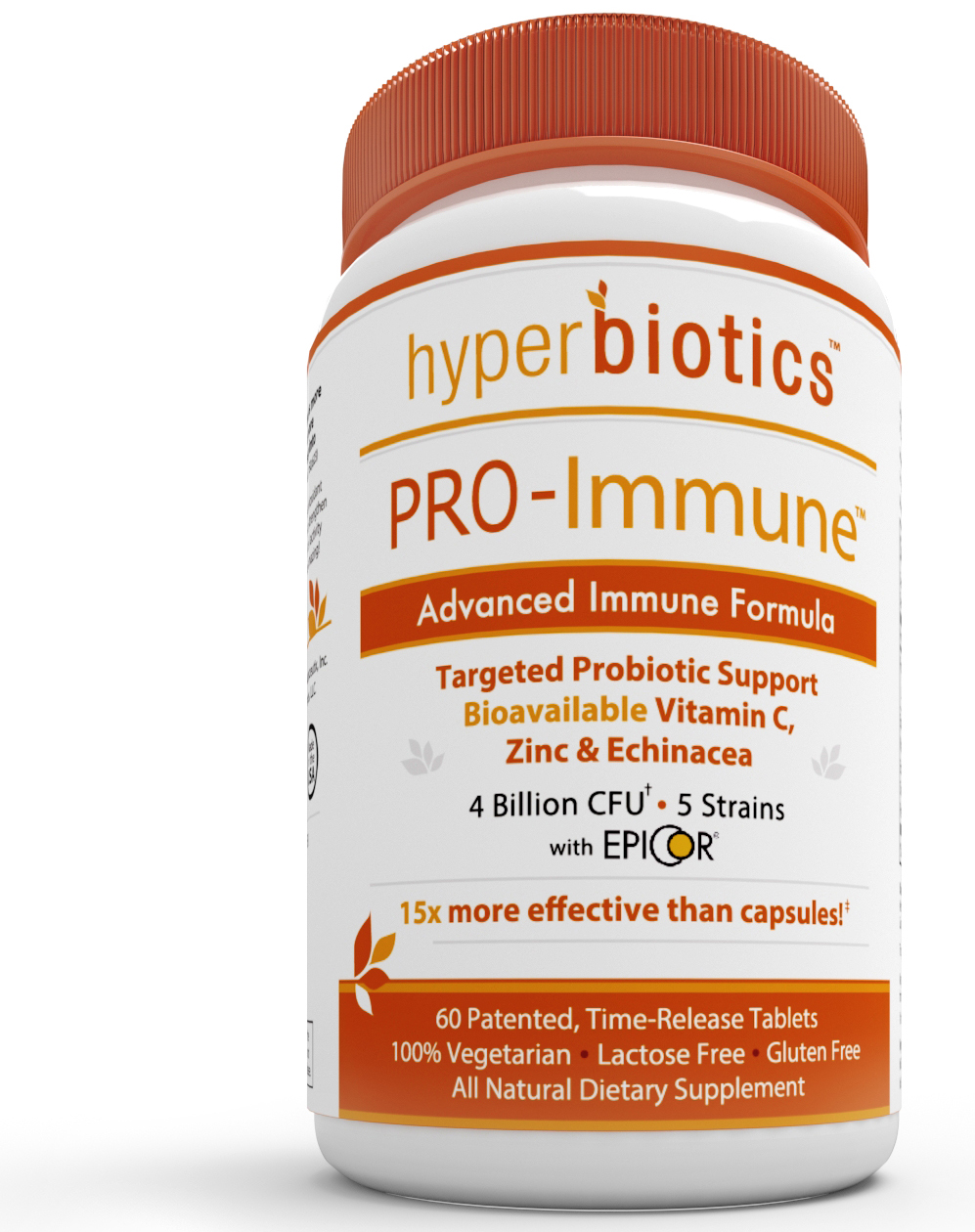I received the following products in exchange for an honest review on my blog. The opinions expressed are 100 percent my own. This post contains affiliate links.
 |
| Lactobacillus rods (source: Wikipedia) |
Benefits of Probiotics
While scientists are still studying how probiotics help the body, the American Gastroenterological Association states that they may:- Help prevent infections
- Boost your immune system
- Prevent bad bacteria from attaching to the lining of your gut
- Destroy toxins that bad bacteria release
- Help produce vitamin B, which you need to metabolize food
- Treat diarrhea
- Ease the symptoms of inflammatory bowel disease
- Help maintain a healthy mouth
- Promote urinary tract health
- Treat certain skin conditions, such as eczema
- Prevent allergies
- Prevent or reduce the severity of the flu and colds
Consuming Probiotics
One of the simplest ways to consume probiotics is by eating yogurt (any yogurt) and kefir. Since I'm more on the lactose-intolerant side, I'd go for kefir or full-fat yogurt. In Time, Shekhar Challa, a gastroenterologist and author of Probiotics for Dummies, states that eating foods that naturally contain probiotics may not be enough because the acid in your stomach may kill some of them.According to Challa, a better alternative is to take probiotic supplements because their coating or the ingredients in them provide protection from the acid in your stomach. Challa recommends using a probiotic supplement and eating foods that naturally contain the healthy flora every day.
Since I don't eat a lot of yogurt or kefir, I take probiotic supplements daily to promote digestive health. I decided to do this when I decided that I was taking a ridiculous amount of fiber caplets every day. Depending on the probiotic supplement, I found that they replaced the fiber caplets. Over the past few months, I've tried products by Hyperbiotics and Micropharma Limited. Here's a rundown of what I thought:
 |
| Probiotics: The winner in my test |
- Hyperbiotics Pro-Women: "Promotes healthy flora and yeast balance"; This product contains six targeted probiotic strains and prebiotics, which promote the growth of probiotics. The product looks and smells like a vitamin and replaced my fiber supplement.
- Hyperbiotics Pro-Immune: "Targeted probiotic support" with bioavailable vitamin C, zinc and echinacea; This product contains five probiotic strains and prebiotics. The caplets smell like vitamin C and are slightly powdery. This product has helped me the most of the three listed in regards to gut health.
- Microbiome Plus + Gastrointestinal: Probiotics and prebiotic fiber; The product comes in a blister pack with separate prebiotics and probiotics. You take the supplements twice a day with food. One of the pills has a sticky coating that sometimes left my hand sticky, which I didn't like. I also often forgot to take the second set of supplements in the evening. While I took the supplements, I caught a nasty cold that lasted two weeks. I can't say that I'd recommend this product.
I received the products mentioned in exchange for an unbiased review on my blog. This post contains affiliate links, meaning that I receive a small commission if you click on an Amazon.com link and make a purchase.
No comments:
Post a Comment